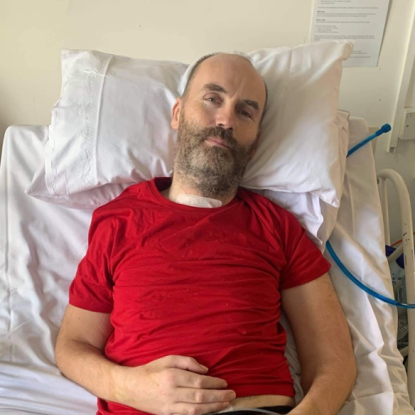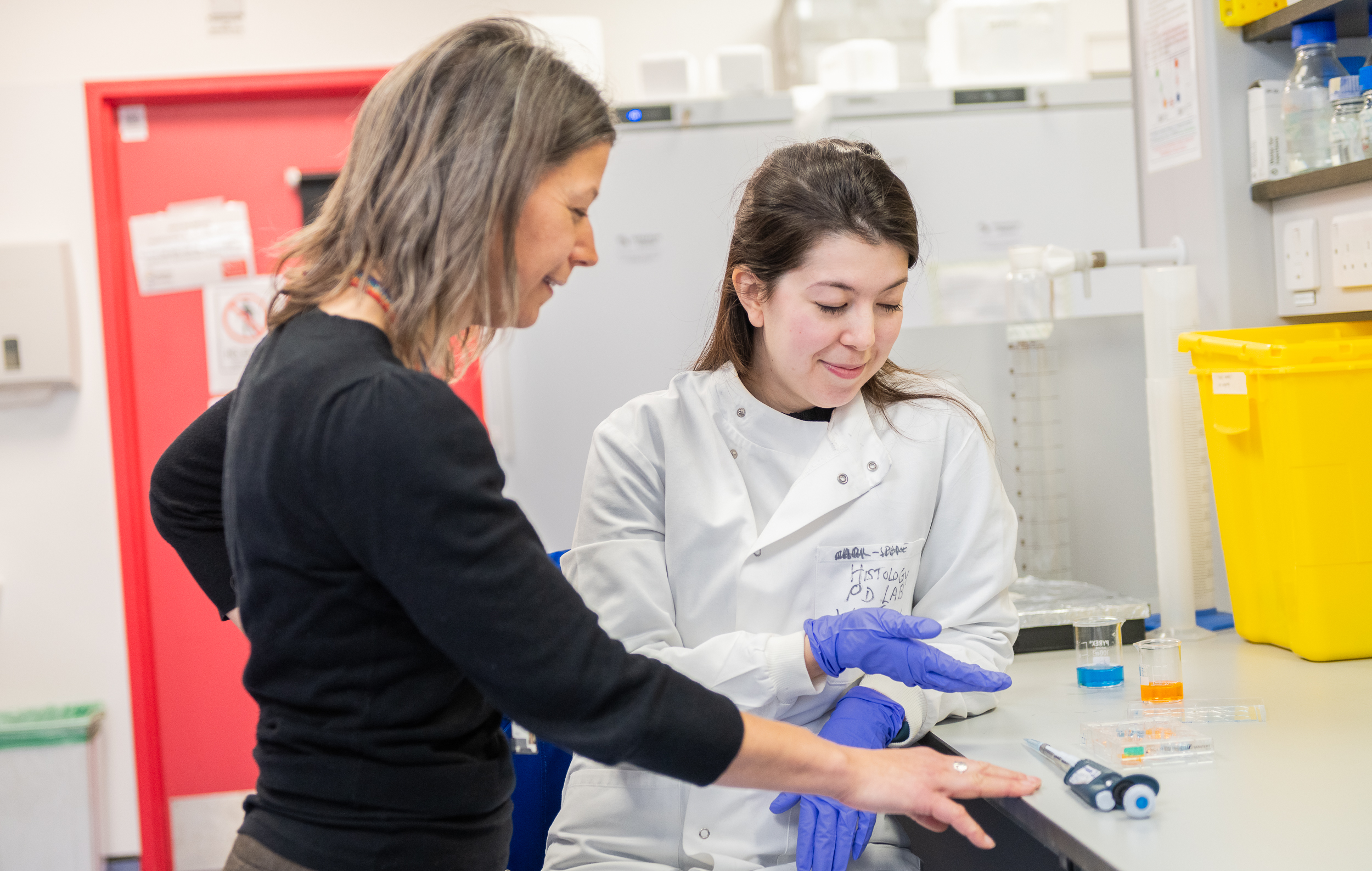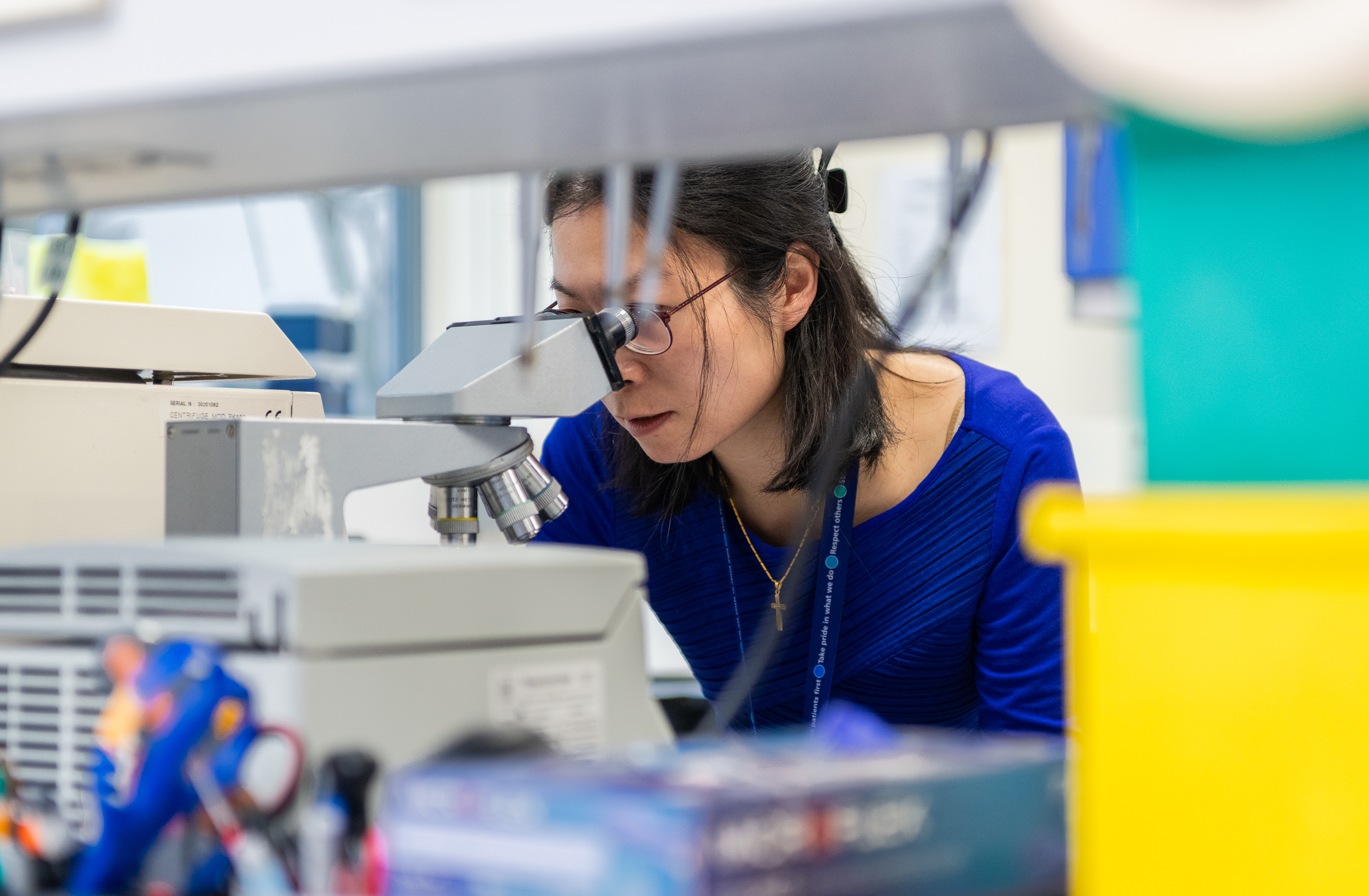In May 2013, age 35, Swen was riding his motorbike when he was involved in a collision with a car. The impact sent him flying into a concrete post on the other side of the road. Swen’s spine was severely damaged at T2-T8 and C4-C6, his spinal cord was damaged at C4/5 (incomplete). He also pulverized his left hip socket, twisting and rotating his pelvis at the same time. He broke five ribs, nine vertebrae and his right collar bone.
At the time Swen worked for a large company, managing several international finance accounts. He travelled regularly to places such as Nepal, Japan and Chile. Swen was, and still is, passionate about motorbikes. He was aware there were risks and had invested in highly protective gear including a spine protector, an armadillo shield, race gloves and an expensive helmet.
Because his spinal cord injury is incomplete, Swen has sensation in most areas of his body, but only feeling in his mid to lower torso. This means he can feel pain, most severely in his lower back/pelvis and his left knee, which has been constant since the accident and needs very strong pain relief every day. Additionally, his left hamstring is in a near permanent state of flex because of nerve damage. This causes knee pain and joint wear, and extreme, ongoing discomfort.
Swen's story
"The feeling of being on a bike is one of the things I miss the most, it’s my passion."
There are many more ways Swen is affected by spinal cord injury. He cannot control his bladder and bowel and relies on assistance to complete these basic needs.
One area he is focused on is being able to move the fingers on his right hand: with intensive physiotherapy he hopes to be able to hold a fork so he can eat independently.
Swen supports our research into spinal cord injury. He has raised over £13k so far and also supports us by giving talks and raising awareness whenever he can.
Among the many challenges he faces is the daily risk of autonomic dysreflexia, a potentially life-threatening clinical syndrome resulting in severe and uncontrolled high blood pressure. This is because damage to the spinal cord means nerve messages are no longer able to be carried to and from the brain beyond the injury site. Another effect is involuntary contraction of muscles, causing spasms which can be very severe: Swen can feel the breeze on his arms however, even this light touch can set off a bad muscle spasm which can last up to several minutes. His skin receives the message of sensation but it cannot reach his brain and the muscles react uncontrollably.
Swen's Fundraising
Swen says it's important to him focus on overcoming the devastating effects of his injuries. This includes raising as much money as he can for Spinal Research.
Being a persuasive talker, he has roped family and friends in to all sorts of activities. He has also reached out to his motorbiking friends who have generously donated time and money for our research. This includes Ryan Stafford of RS Racing who has organised a great motorbiking themed raffle, and sports the Spinal Research name on his racing gear.
Raising awareness of spinal cord injury is crucial if we are to see research develop effective treatments.
During Summer 2020, Spinal Research was informed about the the sad news of the passing of our Ambassador, Swen Hollestelle. Swen was a passionate advocate for the charity and generously shared his story to help raise awareness of spinal cord injury. Not only that but he did an incredible amount of fundraising along with his family and friends, raising over £13,000 for Guy Martins Big Brew.
In line with his wishes, we will continue to share his story and keep his message alive.
Cheers to you Swen, you will never be forgotten!
Discover more

Community stories
Read more stories of people with a spinal cord injury and the hope they have that, one day, research will help them.
Our Research
Research facilities around the world are developing a range of cutting-edge treatment pathways, some now in clinical trial.
